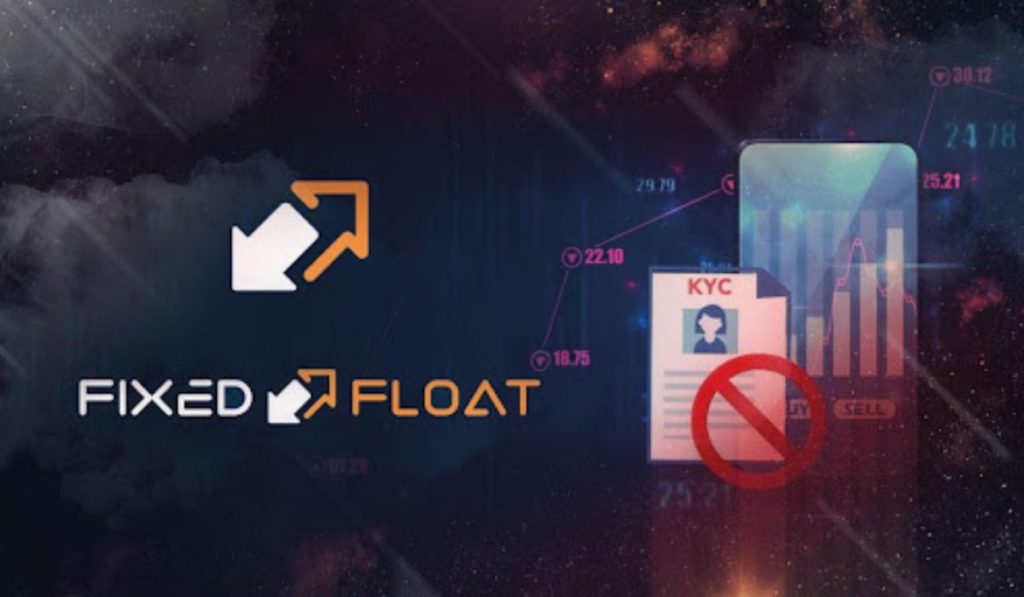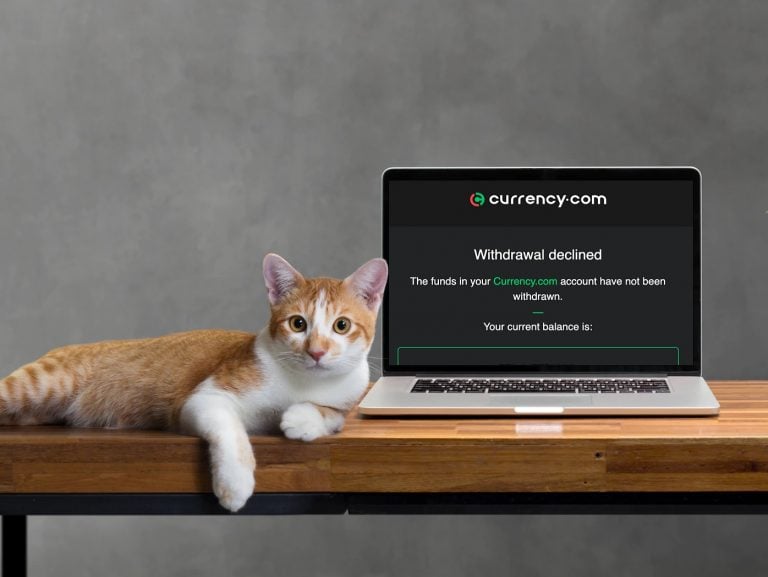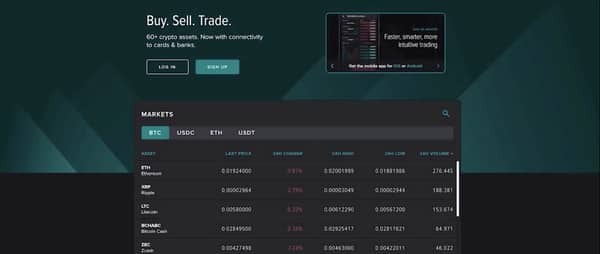2023-1-19 18:47 |
The initial level of anti-money laundering (AML) reasonable care is called “know your customer,” or KYC for short. The Know Your Client (KYC) processes are initiated as soon as a new customer is accepted by a financial institution (FI). Financial institutions may determine a client’s potential for financial crime using these procedures. When doing business, cryptocurrency exchanges are required to have a “Know Your Customer” (KYC) procedure to:
Check the accuracy of the data they have about their clients and customers.
Get a better grasp on the nature of their prospective clients’ actions and make sure they’re above board.
Establish the likelihood that their clients pose a money laundering danger.
How do VASPs demonstrate KYC compliance?Many VASPs use a multi-step “Know Your Customer” procedure to guard against scams. Here are the measures to take:
Step 1: Customers’ identifying information (such as their complete names, birthdates, and addresses) must be collected.
Step 2: Check the information you gave against your government-issued ID (visa, state driver’s license) and proof of address (electricity bill).
Step 3: Check the user’s data against government records that track politically exposed persons (PEPs) and blacklisted people.
By adhering to these protocols, banks can determine whether their customers are at risk for money laundering as well as other misappropriation of funds related to their usage of cryptocurrency. When a client’s identity and other details are verified, they are given access to a limited set of features on a bitcoin trading platform.
How does one keep track of crypto trades?A cryptocurrency transfer monitoring network provides cryptocurrency marketplaces and financial institutions with assistance in spotting anomalous or questionable behavior that they are required to disclose to government regulators. Additionally, this technology assists law enforcement in their pursuit of criminals. The security of a cryptocurrency wallet may be tracked by keeping an eye on its transaction activity. Toolkits developed by firms like Bitsoft360, Crystal Blockchain, Coinfirm, etc. are used by cryptocurrency-related exchanges.
Is Know Your Customer (KYC) compliance essential for cryptocurrency wallets?Since only custodial wallets have access to their users’ encryption keys, they are the only ones required to follow KYC procedures. The VASP document explains that the Financial Action Task Force (FATF) considers “every legitimate or natural entity who swaps, retains, safe-keeps, distributes, transforms, or somehow distributes VAs on account of some other physical or legal entity” to be a VASP.
Since VASPs are now considered “monetary organizations,” they too must implement rigorous annual compliance requirements (FYC). To comply with regulations, VASP-related custodial wallet providers must have a “Know Your Customer” (KYC) policy.
In what ways may cryptocurrency KYC help you?Here are some of the reasons why cryptocurrency exchanges get a major advantage from operating in conformity with regulatory requirements, even though doing so necessitates certain alterations to their operational procedures and presents some challenges:
An increase in consumers’ faith in businessTrust in businesses and their products can only increase when their users’ identities are independently verified. Customers are more inclined to stick with a trading platform if they believe the firm is taking reasonable precautions to keep their funds secure.
Reduced instances of fraud and money launderingNearly one billion dollars in cryptocurrency was reported stolen from over 46,000 customers between January and March 2022. As Fletcher predicted, identity verification procedures that are thorough and accurate could cut down on fraud and improve the market’s reputation.
Lessening potential legal troubleStrong “Know Your Customer” (KYC) procedures can help organizations stay ahead of changing regulations. By demanding government-issued credentials and tracking payment situations and holdings, KYC approaches allow VASPs to detect and limit false identity cases, avoid financial fraud, and evaluate client risk.
By taking these measures, companies may lessen their exposure to legal and governmental concerns, freeing up resources that can be used toward other goals, such as improving exchange rates, speeding up processes, and ensuring compliance.
Improved market conditionsSpeculative, anonymous transactions are a major driver of the bitcoin market’s instability. The industry as a whole benefits from the greater stability and value development enabled by KYC procedures with enhanced identity verification.
Is Know Your Customer (KYC) mandatory to purchase cryptocurrency?You may buy VAs without completing a “Know Your Customer” check. Examples of non-KYC services are cryptocurrency ATMs and DEXs. Unlike DEXs, which are decentralized, blockchain-based P2P exchanges that allow for large-scale crypto asset trading, crypto ATMs allow customers to acquire bitcoin using cash or debit cards. Instead of serving as financial intermediaries, DEXs rely on algorithmic automation to carry out these functions.
What dangers exist while purchasing cryptocurrency without KYC?It’s quite risky from a regulatory perspective to purchase virtual currencies without first undergoing KYC. Financial authorities, including the Office of Foreign Assets Control (OFAC), have fined cryptocurrency exchanges for alleged sanctions violations. Black market accounts, which pose a risk to assets, may be flagged as false by a platform.
Lack of “Know Your Customer” in exchangesPopular DEXs like Uniswap and Bisq does not require KYC procedures from their users. These marketplaces connect sellers and purchasers of digital money by matching orders according to price and quantity. In the world of cryptocurrencies, a “liquidity pool” is a collection of commodities that can be quickly and easily converted into cash to settle incoming buy and sell orders. Assets are provided not by banks or other institutions but rather by end users.
How does “Know Your Customer” (KYC) connect to the ‘Crypto Travel Rule?When discussing cyber safety, “Know Your Customer” and the “Crypto Travel Rule” are both essential concepts to grasp. While the Travel Rule mandates that FIs and VASPs obtain and communicate opponent information, KYC gathers and transmits data about the persons and institutions that utilize the FI or VASP.
The distinction between “Know Your Customer” and the “Travel Rule”Before enabling a consumer to use their system, a VASP must do know-your-customer (KYC) checks to ensure that they comply with international rules. The Travel Rule goes even further by requiring that personally identifiable information of consumers be shared and stored when purchases between two VASPs that have already done KYC on their clients exceed a certain level.
How come Anti-Money Laundering and Know-Your-Customer measures are so vital to the cryptocurrency sector?Customers and VASPs alike benefit from strict observance of AML and KYC rules. Virtual currencies, unlike fiat cash, lack a robust regulatory structure.
Criminals are increasingly capitalizing on the ability to send money while concealing its origin and destination. The risks of money laundering, terrorism funding, and other forms of illegal financing may be reduced by standardizing regulatory standards and conducting Know Your Customer and Anti-Money Laundering inspections.
Final thoughtsCryptocurrency transactions are far more secure when KYC is used. To prevent fraudulent fraud and ensure the safety of financial transactions, Know Your Customer (KYC) measures are essential. Although this post does not provide insights on KYC implementation, it has given you enough details to make a wise plan.
The post An introduction to KYC: the most significant feature in the crypto world appeared first on CoinJournal.
origin »Bitcoin price in Telegram @btc_price_every_hour
KYC.Crypto (MIMA) на Currencies.ru
|
|

























